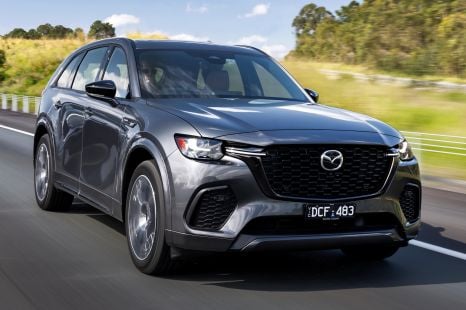

Jack Quick
7.9
6 Days Ago
Tesla vehicles that are now five months old are being reshipped to Australia onboard a different ship following a stink bug infestation.

Contributor
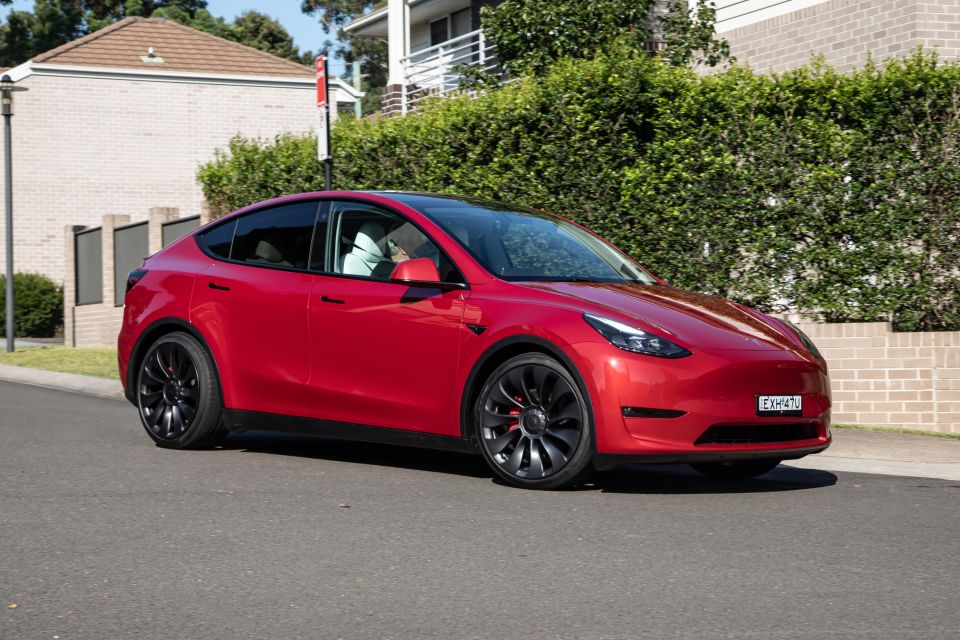

Contributor
Tesla electric vehicles (EVs) previously denied entry to Australia due to a stink bug infestation onboard their ship are now on their way back here.
The affected vehicles were on the Glovis Caravel, which had been sent back to China. They’re now onboard another car carrier ship called the Lapis Arrow.
A CarExpert reader who ordered their Tesla late last year has been assigned one of these vehicles previously onboard the Glovis Caravel. They also claim their assigned vehicle was built in September 2023.
The reader’s Tesla, as well as an unknown number of others, spent the last few months on the Glovis Caravel so the ship could be fumigated. A number of Kia vehicles were also onboard the stink bug-infested car carrier ship.
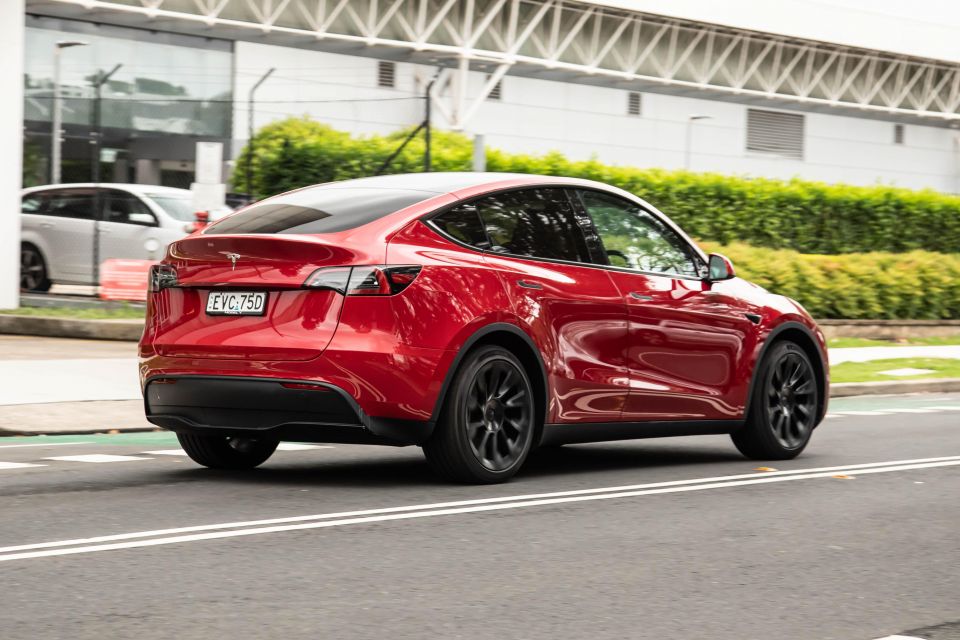
According to ship trackers, the Lapis Arrow left Shanghai on January 20 and will reach Port Kembla in New South Wales on February 22 at 7AM.
The reader claims they haven’t been offered any compensation for the delay, and further claims Australians who ordered their Teslas before December 2023 are getting newer cars, and in some cases vehicles built in 2024.
We have contacted Tesla for comment, and will update this article if we hear back.
As previously reported, the Australian Department of Agriculture, Fisheries and Forestry confirmed there were live Yellow Spotted Stink Bugs found onboard the Glovis Caravel, in addition to other biosecurity risks.
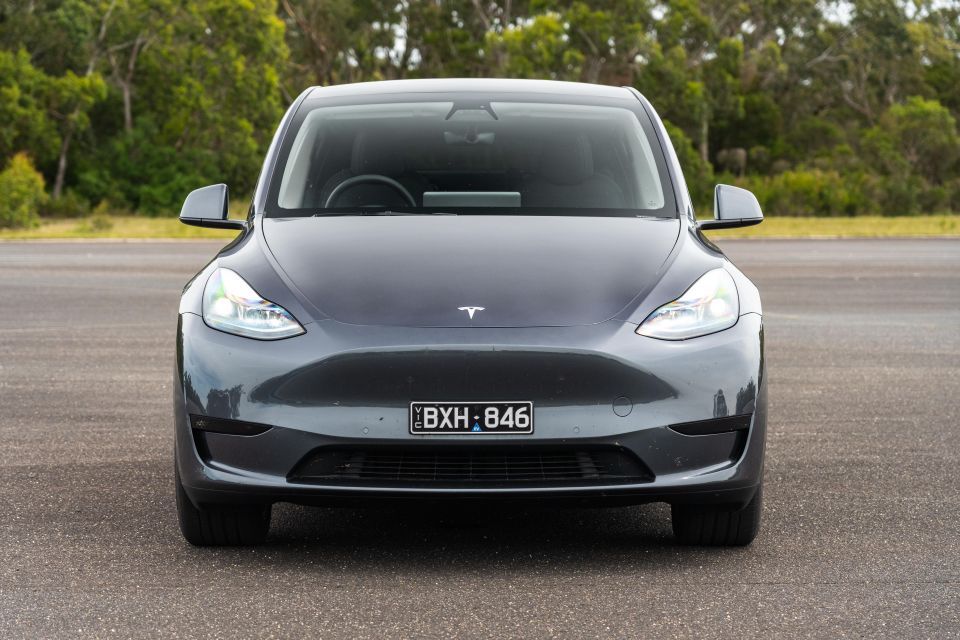
“The Department of Agriculture, Fisheries and Forestry has been working with a vehicle carrier to manage biosecurity risk posed by live insects detected on the vessel and its goods,” said a spokesperson for the department.
“The vessel became subject to biosecurity control upon entry into Australian territory. The Department understands that the vessel has left Australian territory in order to manage the biosecurity risk associated with the goods.
“There were multiple detections, including Yellow Spotted Stink Bug which poses significant threat to Australia’s plant health and environment because of the damage it can do to agricultural crops, fruit and ornamental trees.
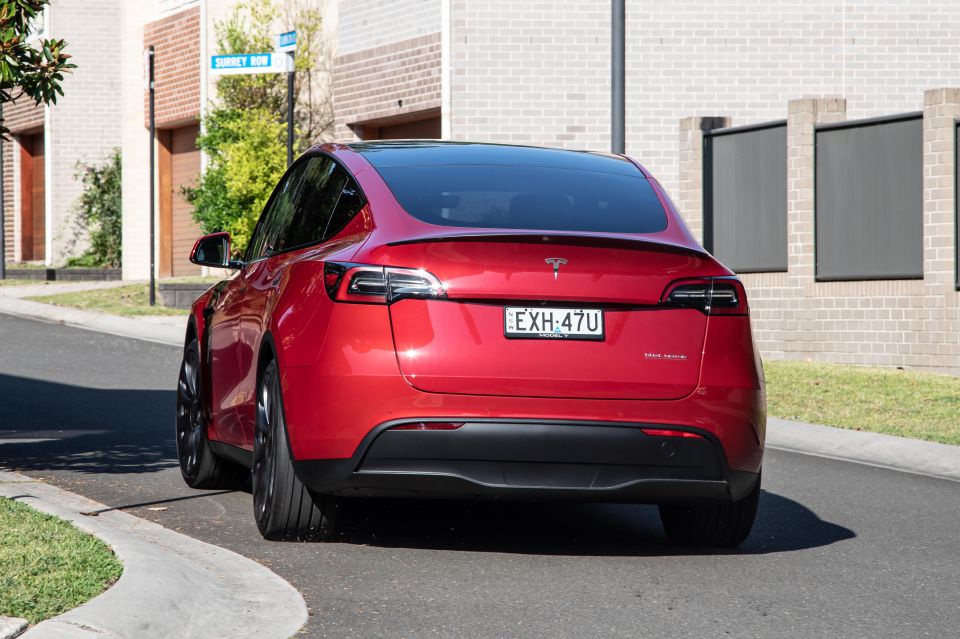
“The department’s primary concern is the management of biosecurity risk to protect Australia. The goods can be unloaded when biosecurity risks have been managed to an acceptable level.”
This wasn’t the first time the Glovis Caravel had been turned back from a port and its crew forced to fumigate the ship.
As reported by The New Zealand Herald in 2018, the Glovis Caravel was ordered to leave New Zealand after the new crew found around 600 stink bugs, with 12 of them still alive.
MORE: Everything Tesla Model Y
Take advantage of Australia's BIGGEST new car website to find a great deal on a Tesla.
Jack Quick is an automotive journalist based in Melbourne. Jack studied journalism and photography at Deakin University in Burwood, and previously represented the university in dance nationally. In his spare time, he loves to pump Charli XCX and play a bit of Grand Theft Auto. He’s also the proud owner of a blue, manual 2020 Suzuki Jimny.


Jack Quick
7.9
6 Days Ago
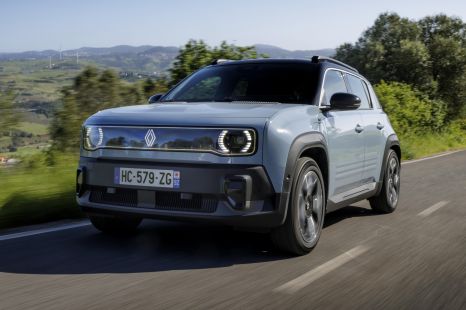

Neil Briscoe
5 Days Ago
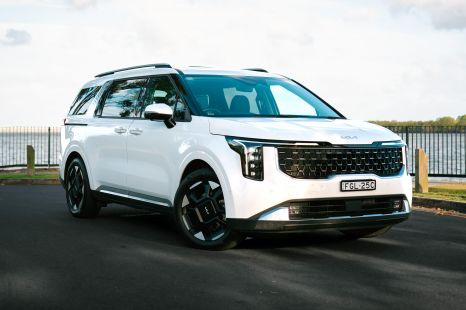

William Stopford
8.5
4 Days Ago
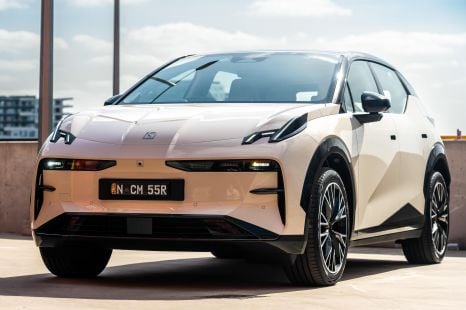

James Wong
7.9
3 Days Ago
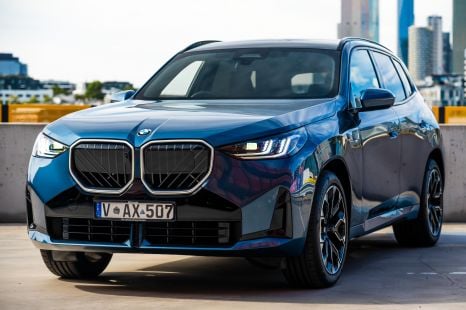

Jack Quick
8.4
2 Days Ago
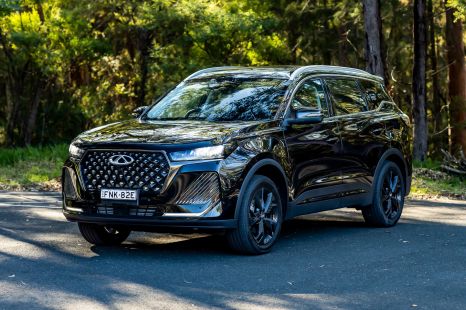

Matt Campbell
8.1
18 Hours Ago